Anthropology prepares researchers for many aspects of evaluation work, but academic training provides insufficient preparation for four roles expected in evaluation research: organizational consultant, negotiator, project manager, and knowledge disseminator. The article discusses the knowledge, dispositions, and skills necessary for each role, and provides real world examples to illustrate the challenges of evaluation research. The authors also identify the purpose of formative evaluation–‘to provide ongoing feedback to program staff in order for them to make mid-course corrections’ (142). Simon and Christman note, ‘In order for programs to benefit from formative evaluation findings, the organizations in which they are situated need to be ‘learning organizations.’ The concept of organizational learning emerged in the 1980s to describe organizations that are able to refine their understandings of the problems that confront them and respond successfully by encouraging a culture of collaboration, openness, inquiry, and continuous improvement (Senge 1990; Argyris and Shonn 1978). As organizational consultants, evaluators informally assess the organizational learning capacity of the groups and institutions with which they work. They seek to understand the supports for and obstacles to organizational learning so that they can then help their clients make the changes necessary to learn from the evaluation and integrate new knowledge into program planning and decision making’ (142).
Getting Real About What it Takes to Conduct Evaluation Research: What Do You Need to Know?
Related Publications
Publication
Bringing History to Life: An Evaluation of the Penn Museum’s Unpacking the Past Program
Tracey A. Hartmann, Taylor Stenley
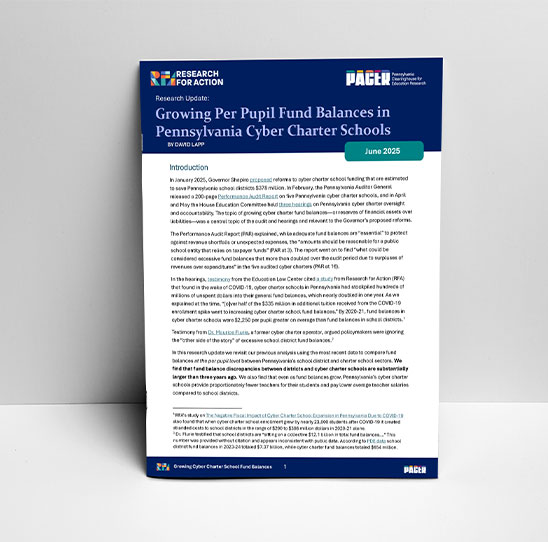
Publication
Growing Per Pupil Fund Balances in Pennsylvania Cyber Charter Schools
David Lapp
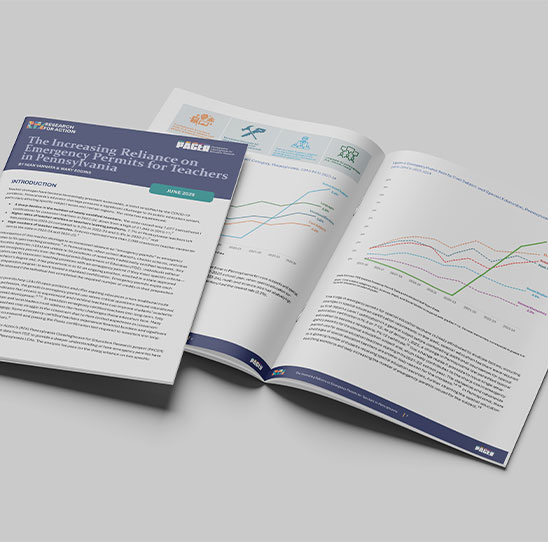
Publication
The Increasing Reliance on Emergency Permits for Teachers in Pennsylvania
Sean Vannata, Mary Eddins
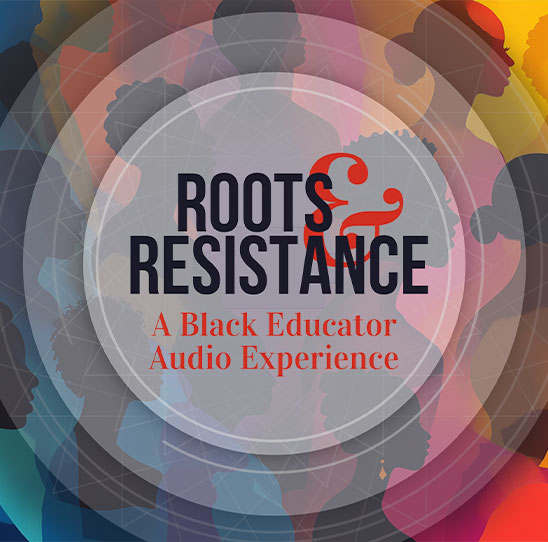
Publication
Small But Mighty – An Audio Documentary
Siettah Parks, Kevin Burgess, Alita Robinson, Mary Eddins
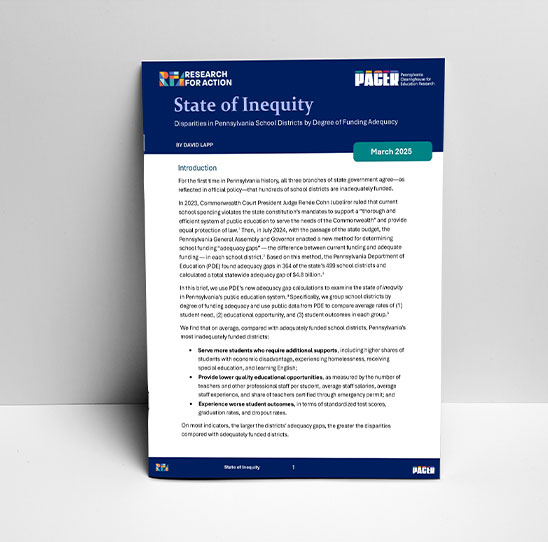
Publication
State of Inequity: Disparities in Pennsylvania School Districts by Degree of Funding Adequacy
David Lapp

Publication
Patterns of Student Mobility Among English Learner Students in Public High Schools in Philadelphia
Lindsey Liu, Sean Vannata
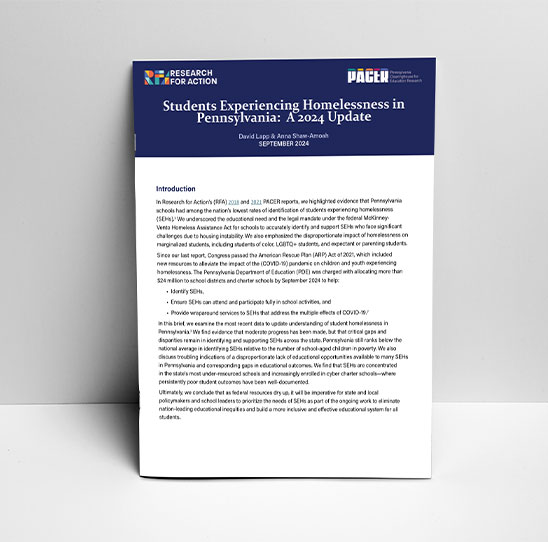
Publication
Students Experiencing Homelessness in Pennsylvania: A 2024 Update
David Lapp, Anna Shaw-Amoah
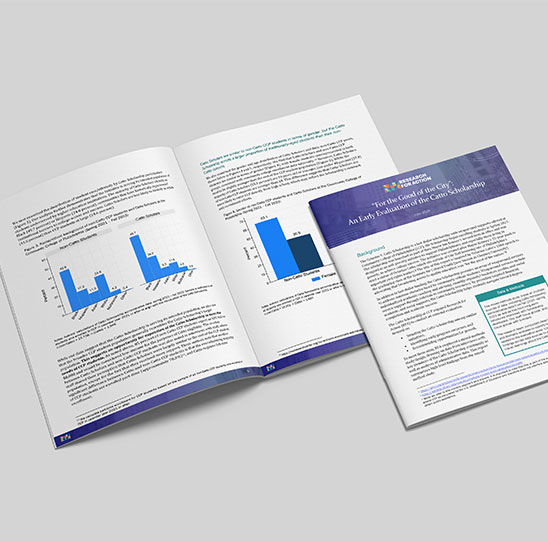
Publication
“For the Good of the City” An Early Evaluation of the Catto Scholarship
Kri Burkander, , Alita Robinson
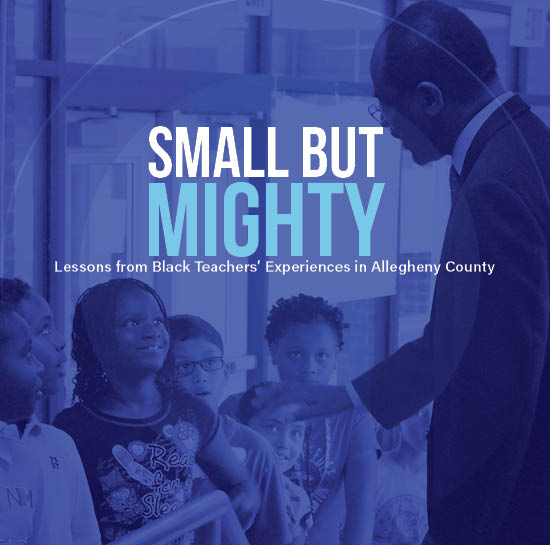
Publication
Small but Mighty: Lessons from Black Teachers’ Experiences in Allegheny County
Siettah Parks, Kevin Burgess, Leana Cabral, Mary Eddins, Alita Robinson
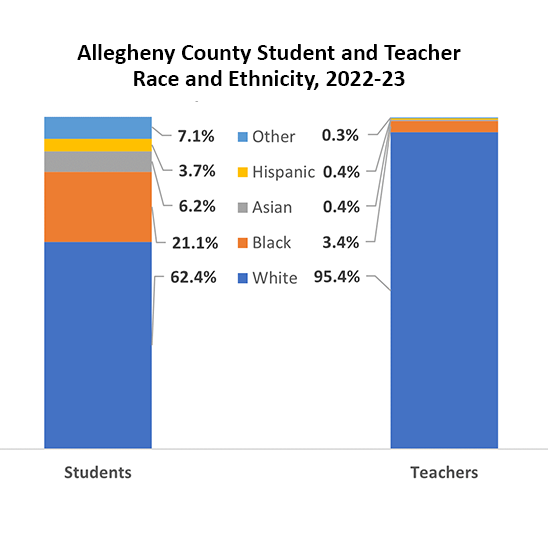
Publication
Allegheny County Teacher and Student Demographics: 2022-23 Update
Mary Eddins, David Lapp, Anna Shaw-Amoah

Publication
Exploring the Diversity and Supports for School District of Philadelphia English Learners as they Prepare to Transition to High School
David Bamat, Sean Vannata, Lindsey Liu, Molly Schlesinger, Alyn Turner
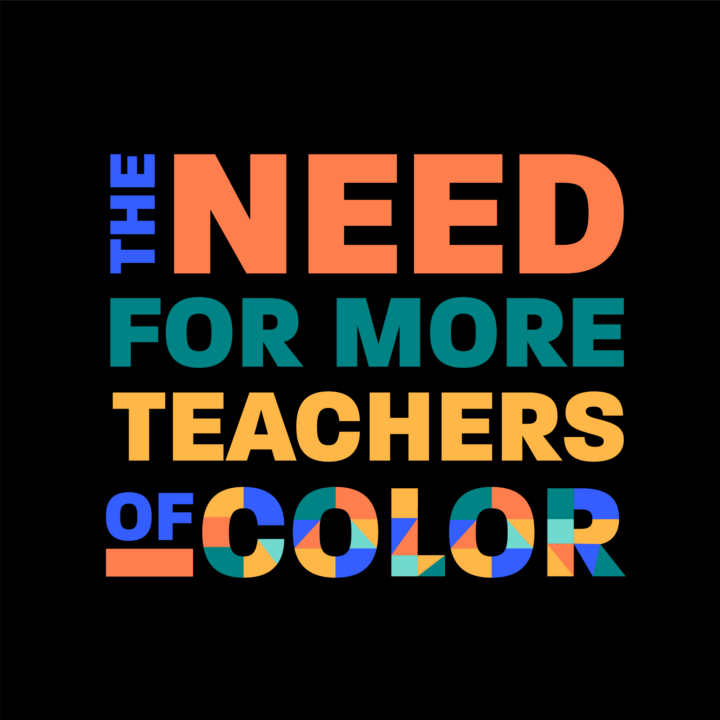
Publication
The Need for More Teachers of Color
Leana Cabral, Mary Eddins, David Lapp, Saxon Nelson